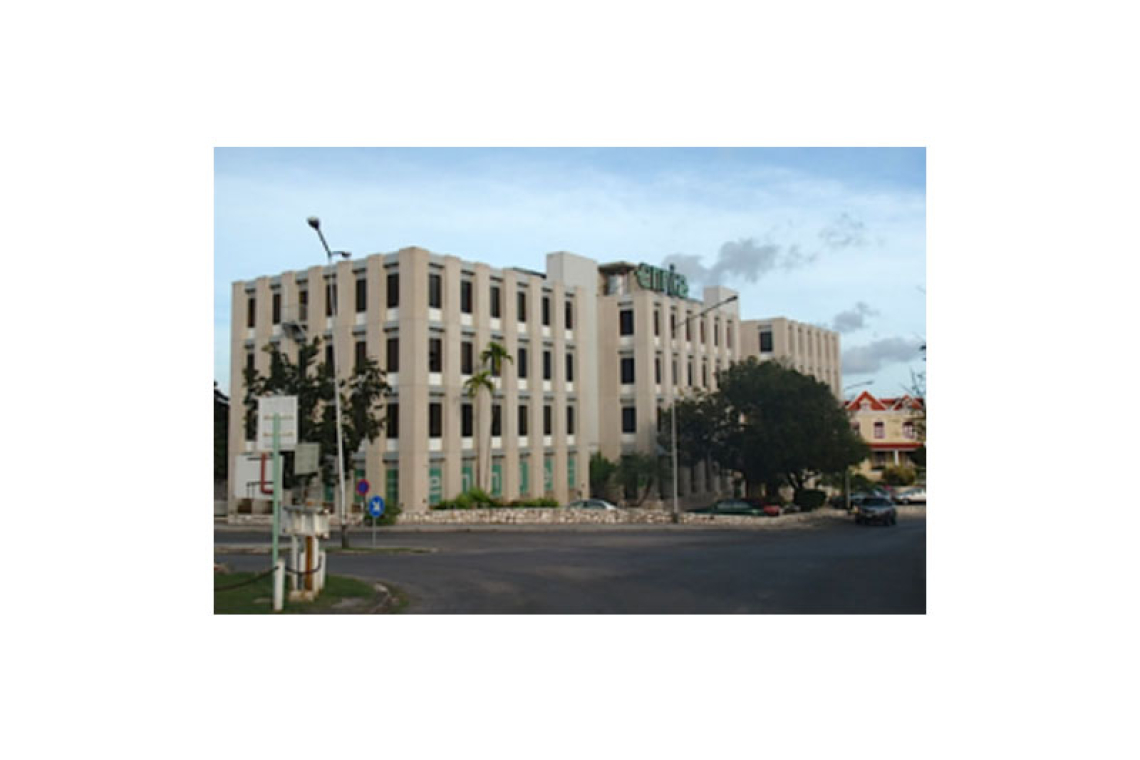Main ENNIA branch
THE HAGUE--The Netherlands is asking for an interest of 2.9% for the refinancing of the COVID-19 loans to Curaçao and St. Maarten. This lowest percentage applies because together with their joint Central Bank of Curaçao and St. Maarten (CBCS) they reached a solution to safeguard pensions of insurer ENNIA recently.
Dutch State Secretary for Kingdom Relations Zsolt Szabó announced this to the Second Chamber of Parliament in The Hague. “Now that both countries and the Central Bank have also signed the ENNIA Main Lines Agreement, Curaçao and Sint Maarten will pay the low interest on this refinancing,” he wrote.
During the pandemic-related crisis, Curaçao and Aruba each borrowed an amount of 900,000 in Netherlands Antillean guilders and Aruban florins respectively. St. Maarten borrowed NAf. 300,000.
ENNIA has been experiencing financial problems for years, jeopardising payments to 30,000 policyholders. A structural solution for this was an absolute requirement to qualify for the lowest interest rate to refinancing of the liquidity loans from the Netherlands.
“Without a solution, the development of government finances is too uncertain and the countries and the Netherlands run the risk that the repayment obligations cannot be met,” explained Szabó.
Ultimately, Curaçao, St. Maarten and CBCS concluded an agreement and made additional arrangements on the distribution of the costs between the two countries. The solution is a combination of a restart for newer policies and the settlement of older policies.
On October 8, the Parliament of St. Maarten gave its approval and a day later green light for the added addendum from Curaçao followed.
The interest is based on the financial market in January. The Netherlands itself pays an interest rate of 2.7% for its loans, while Curaçao and St. Maarten pay 0.2% more. According to Szabó, this is the premium for the risk that the Netherlands is taking.
The current 2.9% is the lowest of in total three options. When Curaçao did not yet meet all the conditions, 5.1% applied. Due to the lower percentages, there is more money for investments.
Aruba even paid 6.9% before an agreement was reached on its financial supervision. Aruba now pays 5.1% and the lowest rate will also apply there when the Financial Supervision Act comes into effect.







